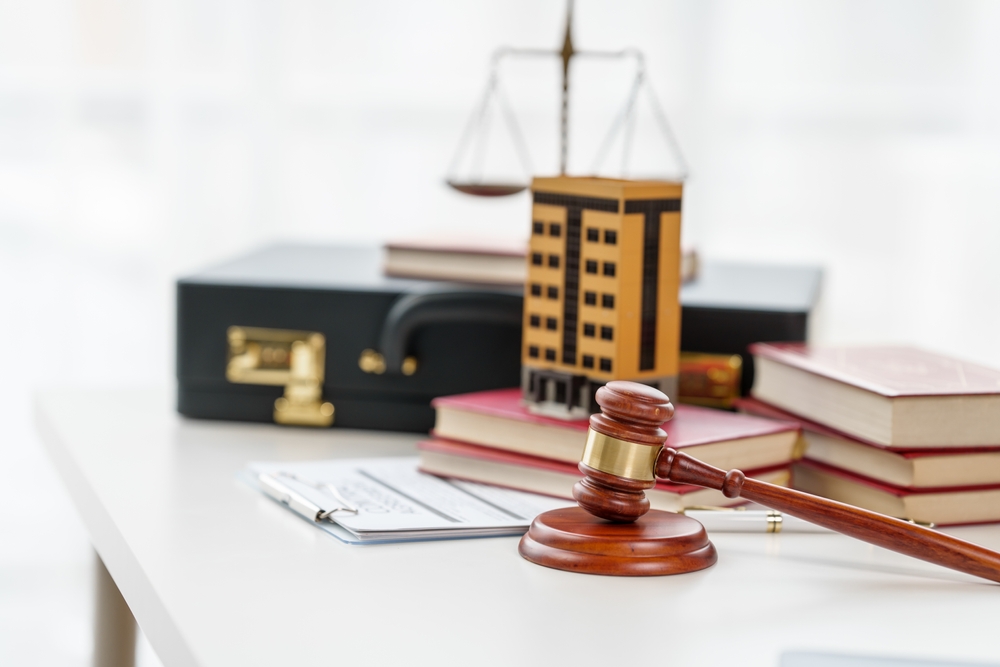Updating and renovating common areas in a condominium complex can enhance property values, improve residents’ quality of life, and attract new buyers. However, these projects often involve navigating a complex web of legal requirements and considerations. This article will explore the key legal aspects to keep in mind when planning common area renovations in Texas.
1. Review Governing Documents
The first step in any common area renovation project is a thorough review of your condominium association’s governing documents. These documents, including the Declaration of Covenants, Conditions, and Restrictions (CC&Rs), bylaws, and rules, will outline the procedures and restrictions for making changes to common areas.
Key questions to answer:
- Who has the authority to approve renovations (the board, a committee, a vote of the owners)?
- Are there specific restrictions on the types of renovations allowed?
- What are the procedures for obtaining approvals and permits?
2. Approval Process
Depending on your governing documents, the approval process may involve:
Board Approval: The board may have the authority to approve minor renovations, while major projects may require a vote of the owners.
Architectural Review Committee: Some associations have an ARC that reviews proposed changes to ensure they comply with aesthetic and architectural standards.
Owner Vote: Major renovations may require a vote of the owners, with the required percentage for approval outlined in the governing documents.
3. Construction Contracts and Insurance
Before starting any construction work, it’s crucial to have a well-drafted contract in place with your chosen contractor. The contract should clearly outline the scope of work, timelines, payment terms, and insurance requirements. Be sure the contractor has adequate liability insurance and worker’s compensation insurance to protect the association from potential claims.
4. Permitting and Compliance
Renovations to common areas often require permits from local building authorities. The association is responsible for obtaining these permits and ensuring that the work complies with all applicable building codes and regulations.
5. Funding the Renovation
Funding for common area renovations typically comes from:
- Reserves: Associations are required to maintain reserves for future repairs and replacements. Renovations may be funded from these reserves if sufficient funds are available.
- Special Assessments: If reserves are insufficient, the association may levy a special assessment on unit owners to cover the costs.
- Loans: In some cases, associations may obtain loans to finance major renovation projects.
Legal Considerations Specific to Texas
- Texas Uniform Condominium Act: This act provides a legal framework for condominium governance in Texas, including provisions related to common area maintenance and alterations.
- Texas Property Code: Certain sections of the Texas Property Code address issues related to condominium associations, including voting rights, dispute resolution, and construction defect litigation.
Manning and Meyers | Your Partners in Condominium Law
At Manning and Meyers, our experienced condominium law attorneys can guide your association through the legal complexities of common area renovations. We can assist with:
- Reviewing and interpreting governing documents.
- Drafting and negotiating construction contracts.
- Obtaining necessary permits and approvals.
- Resolving disputes related to renovations.
- Advising on insurance and liability issues.
Partner with Manning and Meyers for comprehensive legal guidance to ensure the success of your renovation project. When it’s time to make a change, we’ll be by your side. Contact us today!


